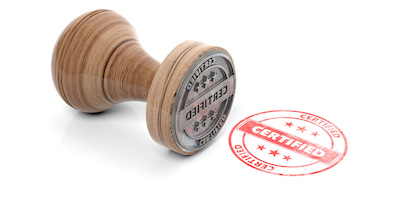Certification by SCHEV is mandatory for non-exempt institutions to operate in the Commonwealth of Virginia, according to the Code of Virginia (§ 23.1-217). This means that, with few exceptions, most postsecondary schools must obtain certification to operate before advertising, enrolling students or engaging in any activities related to postsecondary education in Virginia.
Certified schools in Virginia are required to adhere to a range of policies designed to protect  students and their investments in higher education. Virginia regulations specify requirements for administration and faculty qualifications, financial stability, maintenance of student records, library and classroom facilities, and procedures for student admissions and graduation. Regulations also require that schools disclose and adhere to their transfer, refund and grievance policies, as well as provide accurate information about tuition, fees and financial aid.
students and their investments in higher education. Virginia regulations specify requirements for administration and faculty qualifications, financial stability, maintenance of student records, library and classroom facilities, and procedures for student admissions and graduation. Regulations also require that schools disclose and adhere to their transfer, refund and grievance policies, as well as provide accurate information about tuition, fees and financial aid.
When a school is granted certification to operate in Virginia, it indicates to students and the public at large that SCHEV has determined that the institution is in compliance with Virginia laws and regulations and meets minimum standards of quality.
The Private Postsecondary Education (PPE) unit of SCHEV ensures that certified schools maintain these standards by conducting site visits, checking compliance through school audits and investigating student complaints. Certification is valid for one year, and schools must seek recertification annually.
